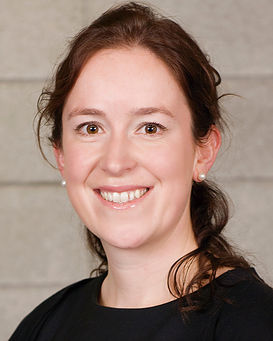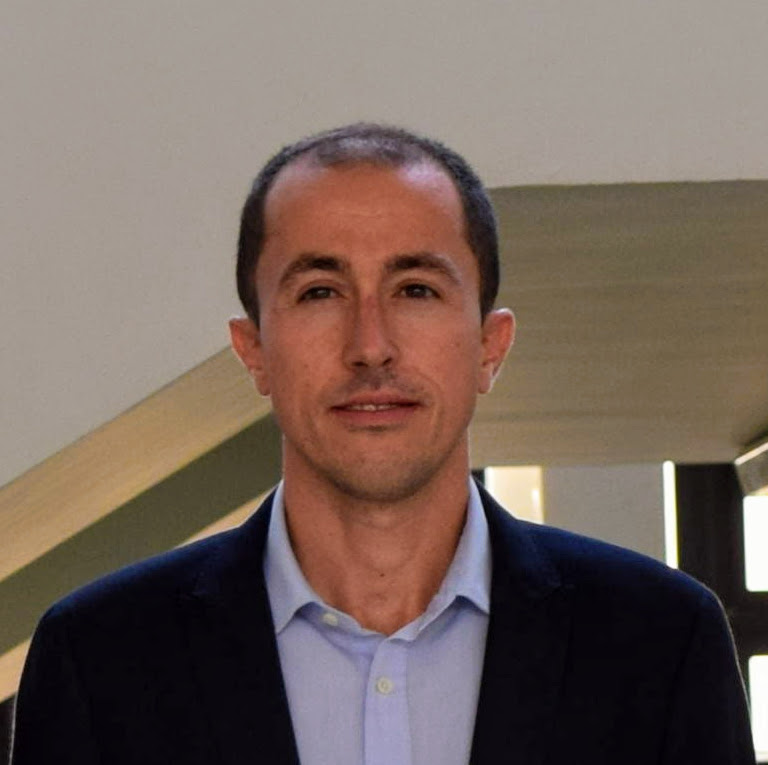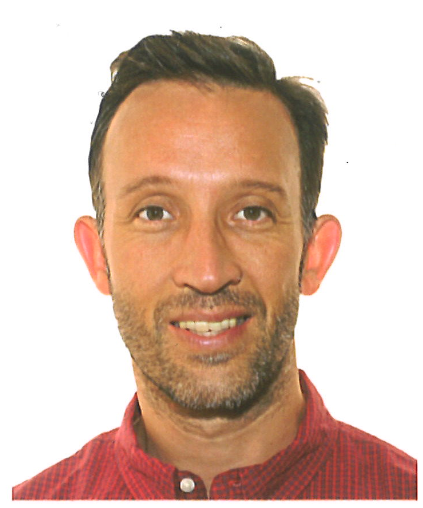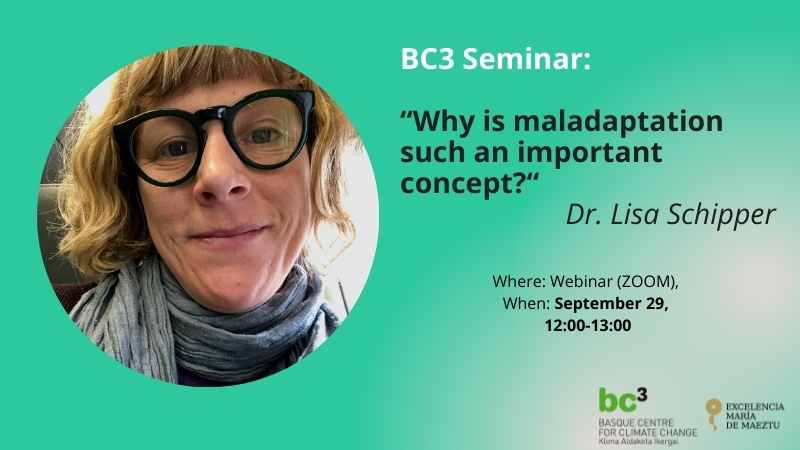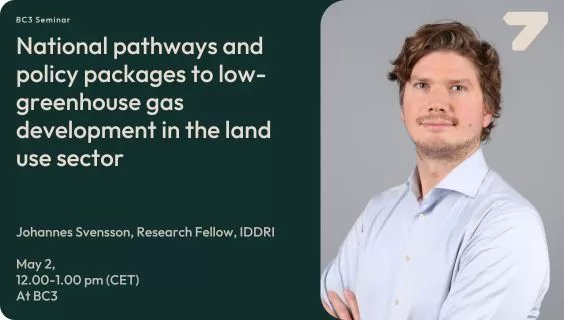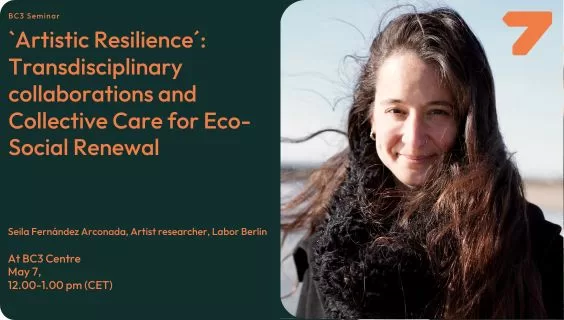BC3 Seminar
BC3 Seminar: “Long-term Patterns of Continuity and Change in Climate Adaptation: Three Centuries of Droughts in a Municipality of the Barcelona Province (NE Spain)”
BC3-Basque Centre for Climate Change Sede Building 1, 1st floor, Scientific Park of the University of the Basque Country, Leioa, Bizkaia, SpainCities, towns, and other densely populated areas are being urged to address the challenges posed by climate change. To design local adaptation plans and policies for cities, the urban and climate agendas are strongly betting on social and technological innovation, but less attention is being devoted to learn from past experience. In this seminar, I argue that historical approaches can help situate adaptation strategies within long-term regimes of environmental governance, illuminating the relation between adaptation to locally-manifested climatic extremes and the historically-changing ways to access and manage the environment.
BC3 Seminar: The Energy efficiency gap – insights from behavioural economics
BC3-Basque Centre for Climate Change Sede Building 1, 1st floor, Scientific Park of the University of the Basque Country, Leioa, Bizkaia, Spaint has long been recognized that consumers fail to minimize the total costs of their energy-consuming investments due to a range of market and non-market based failures. This has become known as the ‘Energy Efficiency Gap’. This presentation will discuss behavioural economics insights relating to the energy efficiency gap. In addition, there is currently a large knowledge gap in terms of understanding how consumers make decisions which involve an energy consumption component, which factors are salient in consumers’ decisions, the relative importance of these factors and how these factors change by consumer group and product type.
BC3 Seminar: “Education as a global tool for adaptation and mitigation of Climate Change”
BC3-Basque Centre for Climate Change Sede Building 1, 1st floor, Scientific Park of the University of the Basque Country, Leioa, Bizkaia, SpainWe will present the role that the education should have as a tool for mitigation and adaptation for Climate Change around the world and the challenges that arise for its effective implementation. We review three different aspects of the problem. The first is the role of education as a tool for adaptation and mitigation and the existing gap between expectations and reality. The second is the problems in the Spanish case related to the official curricula and the lack of good materials at the required scale to create a new generation with awarness and deep knowledge of the problem.
BC3 Seminar: Physical adequacy of a power generation system: The case of Spain in the long term
BC3-Basque Centre for Climate Change Sede Building 1, 1st floor, Scientific Park of the University of the Basque Country, Leioa, Bizkaia, SpainGeneration adequacy is a key ingredient to security of electricity supply. We develop a stochastic model of demand and supply (from different technologies) for measuring it from a physical or technical point of view. We adopt several metrics of supply shortfalls. Next we demonstrate the model by example. Because of limited interconnections with neighboring countries, Spain can be considered an electric island. We get numerical estimates of the parameters underlying the model.
BC3 Seminar: Ecosystem Services, Climate Change, and the Environmentalists’ Paradox
BC3-Basque Centre for Climate Change Sede Building 1, 1st floor, Scientific Park of the University of the Basque Country, Leioa, Bizkaia, SpainThe latest IPBES report warns us of ongoing biodiversity collapse. The Ecosystem Services framework suggests that this will seriously affect human well-being. But policy-makers do not seem to respond with any great alacrity to these warnings. Some skeptics even point to rising human well-being as an indication that the claims linking nature and well-being are exaggerated.
BC3 Seminar: An integrated approach for the estimation of agricultural drought costs
BC3-Basque Centre for Climate Change Sede Building 1, 1st floor, Scientific Park of the University of the Basque Country, Leioa, Bizkaia, Spain: This study proposes a novel method to assess the overall economic effects of agricultural droughts using a coupled agronomic-economic approach that accounts for the direct and indirect impacts of this hazard in the economy. This methodology is applied to Italy, where years showing different drought severity levels were analysed. Agricultural drought stress was measured using the fraction of Absorbed Photosynthetically Active Radiation (fAPAR).
BC3 Seminar: Challenges of EU Agriculture facing Climate Change: Economic Impacts, Adaptation and Mitigation Strategies
BC3-Basque Centre for Climate Change Sede Building 1, 1st floor, Scientific Park of the University of the Basque Country, Leioa, Bizkaia, SpainOverview of quantitative work done by the lecturer in the last few years with different modelling tools to better understand the economic impacts of combating climate change. It includes the analysis of unilateral (e.g. emission targets) and multilateral policies (e.g. carbon taxation) and the promotion of climate change mitigation technologies (e.g. smart agriculture).
BC3 Seminar: Can co-creation of (students of) the arts and sciences enhance public climate-consciousness?
BC3-Basque Centre for Climate Change Sede Building 1, 1st floor, Scientific Park of the University of the Basque Country, Leioa, Bizkaia, SpainOne of the most challenging aspects of the Anthropocene and ongoing climate change is the aspect of change. Environments change, we change environments, so now humanity needs to change. Change our perceptions of the planet and the self, our research and working methods, our idiom and visual narratives, and also teaching methods. Drawing from experiences of artists collective Satellietgroep and the educational pilot project called Beyond Technology, Dutch artist-curator Jacqueline Heerema shares methods that target at inclusive co-creation of knowledge to enhance professional and public climate-consciousness.
CANCELLED | BC3 Seminar: Ecological implications of plants phenotypic plasticity
BC3-Basque Centre for Climate Change Sede Building 1, 1st floor, Scientific Park of the University of the Basque Country, Leioa, Bizkaia, SpainDifferent lines of evidence suggest that divergence in plasticity plays a key role in adaptation to global environmental change. Many scientists argue that genetic variation in plastic responses to the environment (G × E) could be an important predictor of species' vulnerabilities to climate change. But there is not a general pattern among either experimental or theoretical studies. Plasticity acting at the level of the individual is considered a rapid mechanism for surviving under rapidly changing conditions. But plasticity can also retard adaptation by shifting the distribution of phenotypes in the population, shielding it from natural selection. We know that not all plastic responses are adaptive. I will illustrate some examples of ecological traps, and, for the case of plants, the paradoxical decision regarding roots that we are far from understanding and modelling. Plasticity may buy time for populations, but whether it will be enough, given the rate of environmental change, is unknown.
BC3 Seminar: Why is maladaptation such an important concept?
webinarFor the last two decades we have been spinning around the same problem with maladaptation – we know what it is, but we rarely know when it is happening in real time. Most examples of maladaptation are only detected after the fact when it is too late to prevent them from doing damage. Still we are fascinated by this concept. This talk addresses maladaptation and its various understandings, and discusses why it matters so much.


